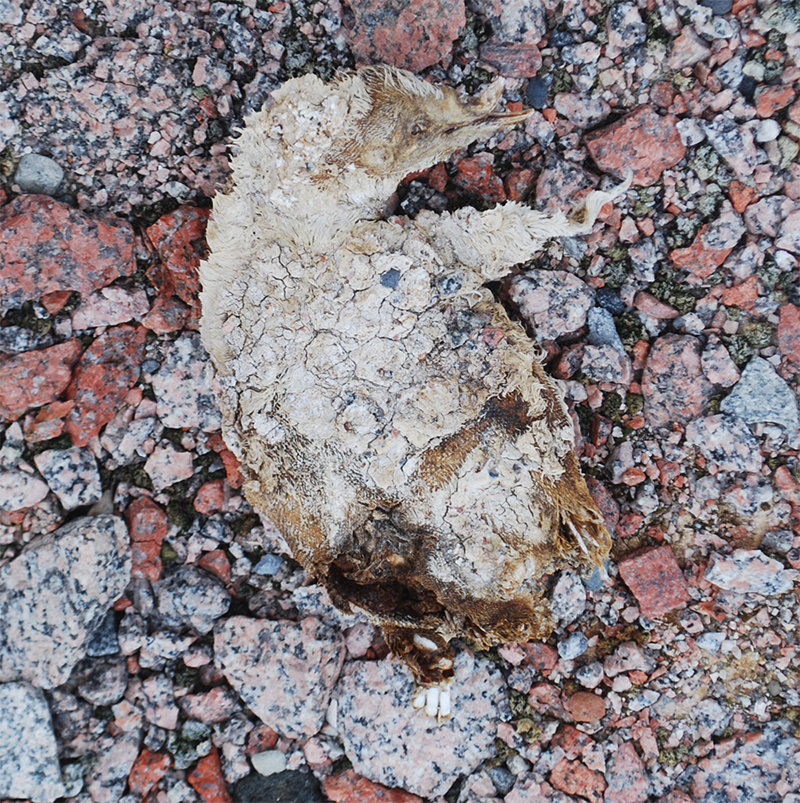The site was originally identified by the pebble mounds used to build penguin nests, with penguin chick bones scattered on the surface. That didn’t make sense – there’s no record of a penguin colony in this spot since records began in the early 1900s.
After further excavation and the recovery of penguin bone, feather, and eggshell, subsequent analysis revealed this was in fact a long-abandoned penguin habitat.
However, according to Emslie’s report, the most recent colony at the site ended about 800 years ago, which he notes coincides with the onset of the “Little Ice Age,” a worldwide climatic shift for several hundred years that caused the Baltic Sea to freeze over, snow to fall on mountains in Ethiopia and massive famines that helped end the Ming Dynasty in China.
https://www.instagram.com/p/CF4_xQ3JtKX/?utm_source=ig_web_copy_link
When that happened, new snow fell on the former colony site, burying evidence of its existence, including the nests, guano, and chick remains – until now, as rising temperatures have caused snow to melt, revealing the former colony once more
“Overall, our sampling recovered a mixture of old and what appeared to be recent penguin remains implying multiple periods of occupation and abandonment of this cape over thousands of years,” says marine biologist behind the discovery Steven Emslie, from the University of North Carolina Wilmington.
“In all the years I have been doing this research in Antarctica, I’ve never seen a site quite like this.”

“This recent snowmelt revealing long-preserved remains that were frozen and buried until now is the best explanation for the jumble of penguin remains of different ages that we found there,” says Emslie.
Emslie suggests that the so-called ‘fast ice’ stretching inland from the sea may have begun to form as temperatures cooled, leaving the site inhospitable for penguins for much of the year. Now the reverse effect is underway with much of the ice melting.

